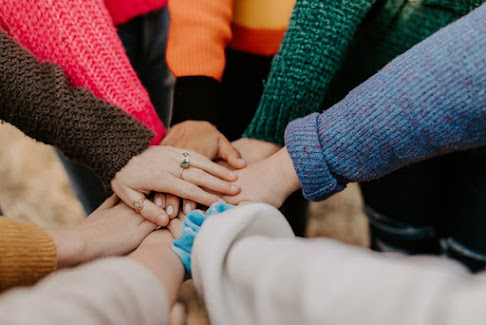
Until next time! The meme above, with David Hasselhoff comfortably surfing that scary wave, was our group (PBL03) meme. It could not reflect my experience through the course better. We began timidly sharing ideas and arguments in Microsoft word (the online version, of course), and ended up recording a podcast! It may sound a bit silly, but this was a real journey for me. Although I have helped in designing and teaching blended learning courses before, I’ve never been in the receiving end of the online teaching, and it was eye opening. Also, the last time I was involved in blended learning teaching was back in 2012 (light years from now for the tech development times). So the course was also an update on online tools and platforms, they have really improved! A first leaning lesson is to try not to be overwhelmed by the online tools and platforms, but patiently work with them until I learn how to use it. If it takes too much time or hassle, then it is not a good to...



